The Urgent Call to Overhaul Gaza’s Food Distribution System
In a world grappling with humanitarian crises, Doctors Without Borders (Médecins Sans Frontières) is throwing down the gauntlet in Gaza. Aitor Zabalgogeazkoa, an emergency coordinator for the organization, is sounding the alarm over the ineffectiveness of the current aid system managed by the Gaza Humanitarian Foundation.
The Heart of the Matter: Inequitable Food Distribution
Many Gazans are facing unprecedented challenges in accessing basic necessities, particularly food. Zabalgogeazkoa points out that the existing distribution framework is faltering, often leading to inequities in how aid reaches those in dire need.
Why Change is Necessary
- Inefficient Delivery: Aid isn’t consistently reaching every segment of the population.
- Lack of Transparency: Many beneficiaries are left wondering how aid is allocated.
- Health Risks: Poor food access contributes to a range of health complications, exacerbating an already troubled healthcare landscape.
With food scarcity becoming a catastrophic reality, Doctors Without Borders is advocating for an overhaul that ensures transparency and efficiency in food distribution. Their bold stance invites stakeholders to rethink the systems in place and engage more directly with the impacted communities.
Understanding the Human Cost
The humanitarian aspect cannot be overstated. Thousands of families find themselves on the brink of starvation, and each day that passes without reform deepens suffering. The emotional burden on individuals grappling with hunger is immeasurable and deserves urgent attention.
A New Vision for Aid in Gaza
Doctors Without Borders doesn’t just call for dismantling the existing system; they advocate for a revitalized model that focuses on equitable access. This new approach could potentially involve:
- Localized Distribution Centers: Establishing centers in various communities to streamline the delivery process.
- Community Involvement: Engaging local leaders to understand specific needs, ensuring that support directly correlates with the community’s unique challenges.
- Sustainable Solutions: Promoting agricultural practices that enable Gazans to cultivate their own food sources, reducing dependency on external aid.
A Collective Action for Change
Zabalgogeazkoa reminds us that reforming the aid distribution system isn’t just a logistical issue; it’s a matter of human dignity. The top-down approaches often fail to resonate with the real needs of the population. By fostering a collaborative effort between organizations, local governments, and the community, a more effective strategy can be developed.
The Road Ahead: Hope Amidst Despair
In the face of adversity, there’s a flicker of hope. As Doctors Without Borders continue to advocate for meaningful change, the global community is urged to listen and act decisively.
For further insights and detailed reports on the humanitarian situation in Gaza, consider visiting Doctors Without Borders and NPR’s coverage of humanitarian issues.
In conclusion, reform is not just needed; it is urgent. The health and well-being of countless individuals in Gaza depend on a distribution system that is fair, transparent, and efficient. It’s time to prioritize what truly matters—human lives.






